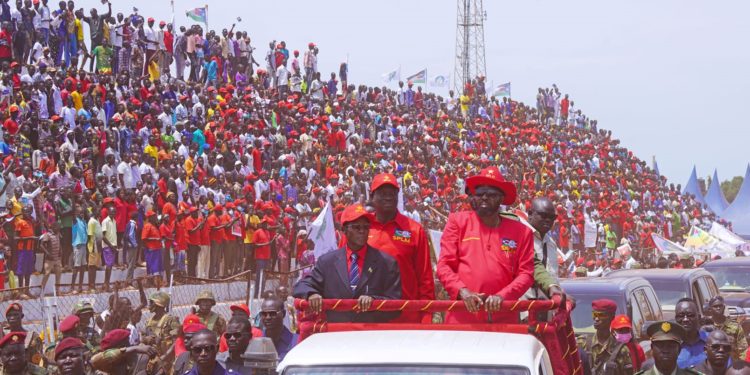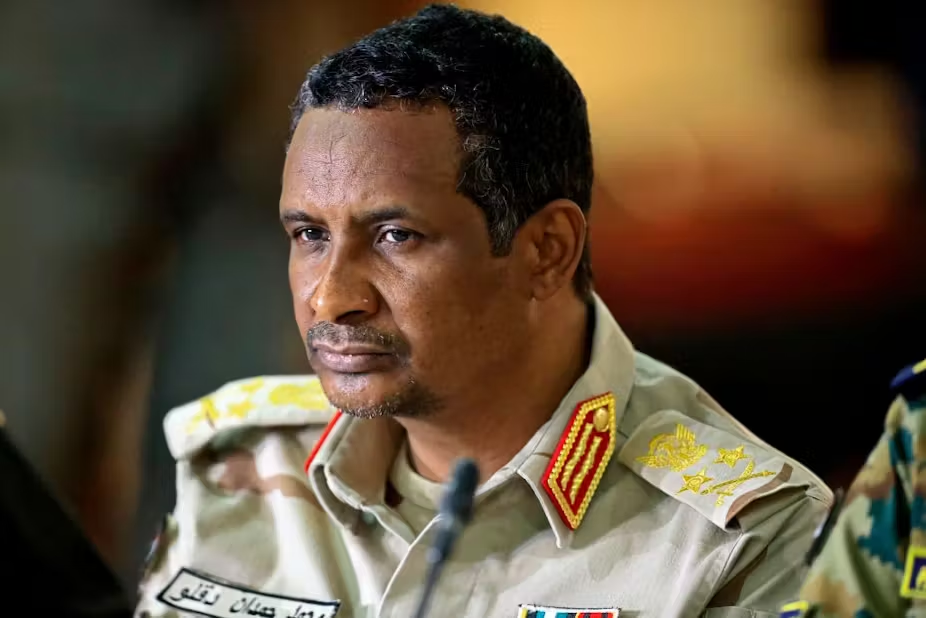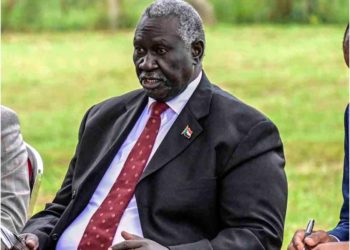By SUDAN TRIBUNE
February 8, 2024 (JUBA) – The body monitoring South Sudan peace implementation (RJMEC) has commended progress so far made in the country, but said much was needed for an environment for free, fair and credible elections.
Addressing its 34th plenary meeting in Juba on Thursday, the RJMEC Chairperson Amb. Maj. Gen. Charles Tai Gituai cited the reconstitution and operationalization of “some the critical institutions, such as the National Constitutional Review Commission, the National Elections Commission, and the Political Parties Council.”
“Much work needs to be done to create an enabling environment for the conduct of free, fair and credible elections, as per the Agreement and the Roadmap,” he said.
Gituai drew attention to the delays in their establishment of certain institutions, stressing that the very short time left for them to deliver their important mandate.
“This is a significant and important year for South Sudan,” he remarked.
“What is unclear is how the RTGoNU and Parties to the Agreement will be able to complete the critical pending tasks and create a conducive environment for the conduct of credible elections within the time left,” added the official.
The chairperson of RJMEC expressed concerns over the recent examples of intercommunal violence, in particular the Abyei Administrative Area, and Unity, Warrap, Western Bahr el Ghazal, and Jonglei states of South Sudan.
“These attacks (in Abyei) follow a pattern of continuing violence between local communities in recent weeks and months. RJMEC urges for dialogue to break the cycle of violence and underscores the need for the culture of peace to prevail. Much is at stake for the people of South Sudan as they seek to have their democratic aspirations met by holding their first elections as an independent nation,” he explained.
Gituai said RJMEC “will enhance political and civic space, sustain the peace and consolidate the gains made in the implementation of the Agreement so far.”
These, according to the chairperson, include among others, the full operationalisation of the three newly reconstituted institutions, completion of Phase I and Phase II unification of forces, and addressing intercommunal violence through national and state-level dialogue and peacebuilding mechanisms.
He encouraged dialogue among the parties and clarity on the plans and preparations for the conduct of elections and funding of elections-related reconstituted institutions.
“Others include the completion of the training and deployment of the NUF to provide election-related security and security in areas of intercommunal violence, the funding and operationalisation of the process of making a people-led and people-owned constitution, and ensuring the participation of women in all political processes, and their representation in mechanisms in accordance with the Agreement at the minimum threshold of 35%,” concluded the statement.
(ST)







Discussion about this post